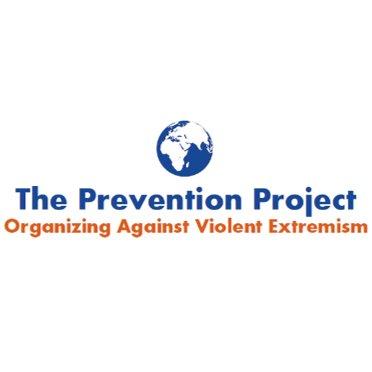Discussion
Details
Over the past years, we have accumulated increasing evidence that, on the one hand, violent extremism risks are undoing development gains and negatively affect development assistance more broadly, and, on the other, that marginalization, youth alienation, corruption, biased delivery of public services, and police abuse are among the key sources of grievance within communities that are exploited by terrorist propaganda and thus constitute some of the most prevalent drivers of violent extremism. There is now recognition that violent extremism poses a serious threat to development and that effective strategies for preventing and countering violent extremism need to include a development response. Partly as a result, longstanding divides between development and security actors as well as assistance are gradually eroding. Evidence of this includes: a) the previous UN Secretary-General’s Plan of Action on Preventing Violent Extremism, which provided a normative framework for applying development tools to address violent extremism; b) the adoption of the Sustainable Development Goals (SDGs), which explicitly link development and security; c) the World Bank’s newfound willingness to support programs aimed at addressing the lack of inclusion that drives radicalization, and, perhaps most significantly; d) the Organization for Economic Cooperation and Development’s 2016 decision to revise its guidelines to allow its 35 member states to report funding for activities aimed at preventing violent extremism (PVE) as part of their annual development targets.
These changes have enabled states’ development spending on PVE efforts, creating the political and legal space for development agencies to allocate funds to support both PVE-specific and PVE-relevant work and incentives for traditional peacebuilding, stabilization, and other development-oriented international NGOs to reorient at least some of their programming to take into account this new reality. The changes at the global level have the potential to enable funds, expertise, and lessons learned from the development field to be more structurally applied to PVE where appropriate, and allow for the sustained implementation of more balanced counterterrorism strategies.
This roundtable will explore the practical significance of these changes, how relevant multilateral and national bodies are grappling with them – including by integrating PVE into their traditional development-oriented programs, practice, and policies – and the challenges and opportunities that lie ahead. The discussions will inform a set of policy recommendations that will be presented later this year.
Draft Agenda
1:00pm-1:15pm Welcome Remarks and Introductions
1:15pm-1:45pm Evolution in the Multilateral System: Lessons from International Institutions in Integrating PVE into Development Work
Speaker:
Brenda Killen, Deputy Director, Development Cooperation Directorate, Organisation for Economic Co-operation and Development
Responses:
Alexander Avanessov, Global PVE Program Coordinator, UN Development Program
Sarah Cussen, International Affairs Officer, World Bank Group, TBC
Amy Cunningham, Senior Advisor, Global Community Engagement and Resilience Fund, TBC
1:45pm-2:45pm Open Discussion





